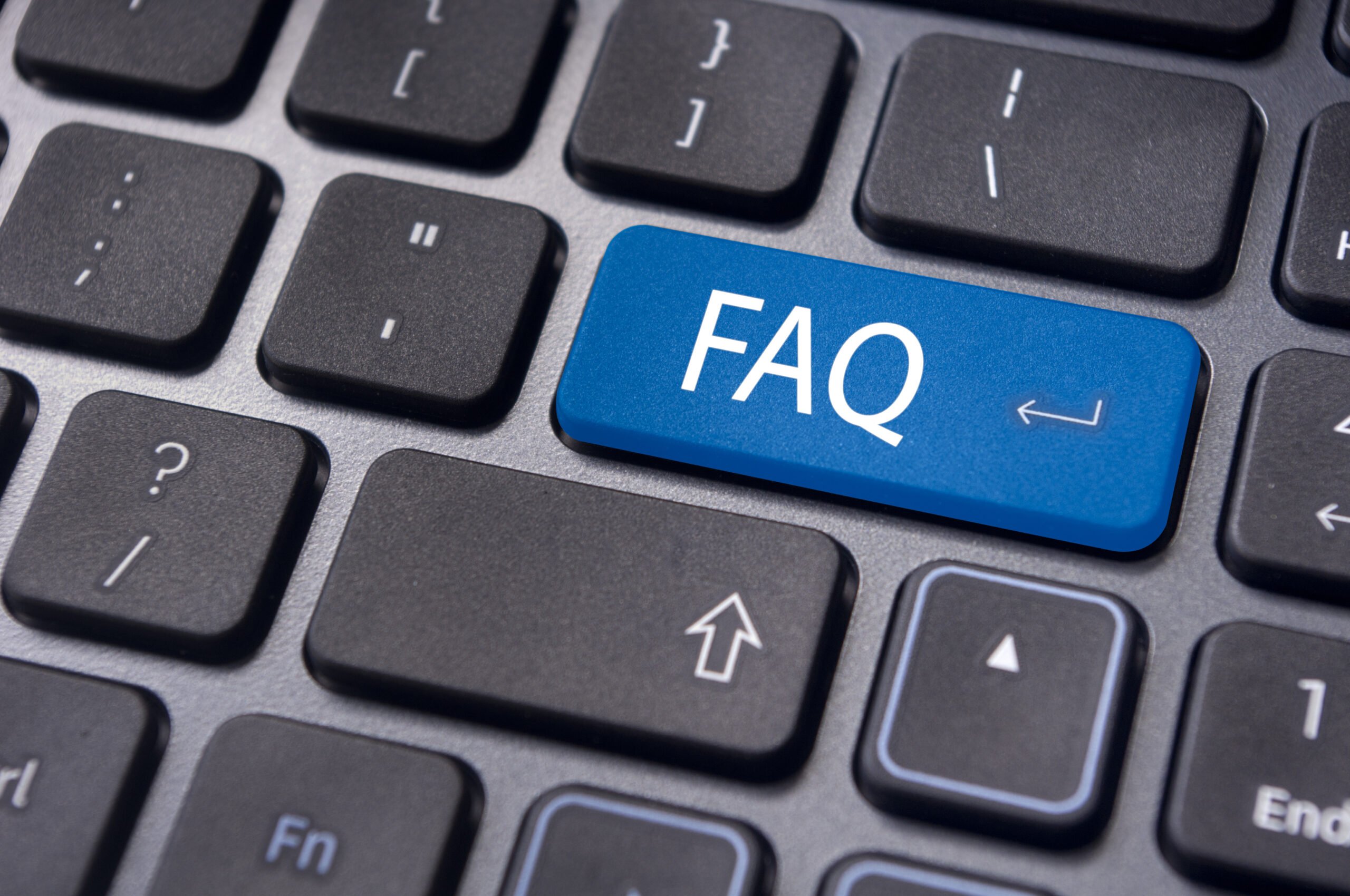As a local business owner, your website is more than just a digital placeholder — it's your 24/7 salesperson, customer service representative and first impression. A well-structured local business website can drive traffic, generate leads and convert visitors into paying customers.
But what should you include to make your website work for you? Whether you're building from scratch or revamping your current website, this guide will walk you through the essential pages every local business website needs to succeed.
What Pages Should My Local Business Website Have?
When creating a local business website, your content must not only be informative and engaging, but also strategically organized. Here are the must-have pages you need:
1. Homepage
Your homepage is the digital front door of your business. It should immediately communicate who you are, what you do and why you're the best choice in your area.
What to Include:
- A clear value proposition (what you offer and how it benefits the customer)
- A brief overview of your services or products
- Calls-to-action (CTAs) that lead visitors deeper into the site
- Contact information or location map
- Testimonials or reviews
SEO Tip: Include your city or service area in the H1 tag and meta description to improve local search visibility.

2. About Us Page
People want to do business with people they trust. The about us page is your chance to tell your story, build credibility and create a personal connection.
What to Include:
- A brief history of your business
- Team photos or bios
- Your mission, vision and values
- Community involvement or partnerships
SEO Tip: Mention your local roots and highlight any local awards or recognition.
3. Services or Products Page

Detailing what you offer is essential. This page (or set of pages) should give visitors a clear understanding of your services or products and why they should choose you over competitors.
What to Include:
- A breakdown of each service or product category
- Benefits and features
- Pricing (if appropriate)
- Photos or videos
- FAQs related to each service or product
SEO Tip: Use individual pages for each core service or product and optimize them for long-tail keywords (for instance, "residential plumbing in Tulsa, OK").
4. Contact Page
Make it easy for people to get in touch with you. A contact page is one of the most critical parts of a local business website.
What to Include:
- Phone number and email address
- Physical address with an embedded Google Map
- Contact form
- Business hours
- Social media links
SEO Tip: Use schema markup and make sure your NAP (name, address, phone number) is consistent with your Google Business Profile.
5. Location Page(s)
If you serve one or more physical locations or service areas, a dedicated location page can improve your local SEO efforts and customer experience.
What to Include:
- Details about each location (address, hours, staff)
- Embedded map
- Location-specific testimonials or case studies
- Photos of the storefront or office
SEO Tip: Use location-specific keywords (like "auto repair in Broken Arrow") and create a unique page for each area served.

6. Testimonials or Reviews Page
Social proof builds trust. A dedicated page for testimonials can help convert skeptical visitors into confident buyers.
What to Include:
- Written testimonials from customers
- Video testimonials (if available)
- Star ratings or review snippets
- Links to your Google or Yelp reviews
SEO Tip: Use keywords like "happy customers in [your city]" and encourage customers to include service-specific details in their reviews.
7. FAQ Page

An FAQ page addresses common concerns, improves your customer experience and can even boost your SEO with relevant keywords.
What to Include:
- Common questions that your audience and customers frequently ask
- Clear answers to those common questions about your services or products, pricing, process, etc.
- Answers that reflect real customer inquiries
- Internal links to relevant service or product pages and the contact page
SEO Tip: Format with schema markup for rich snippets in search results.
8. Project Gallery Page (If Applicable)
If you're in a service-based industry where visuals speak volumes (for example, landscaping or construction), this page is a must.
What to Include:
- Before and after photos
- Descriptions of each project
- Client feedback
- Location details (with permission)
SEO Tip: Use alt text for images and include location keywords.
9. Blog or Resources Page
Blogging helps establish authority, answer customer questions and improve SEO. A blog or resource section is a long-term content marketing investment.
What to Include:
- Educational content about your services, products or industry
- Thought leadership pieces on local news, events or community involvement
- How-to guides or tips related to your niche
- Case studies and success stories of how your products or services have helped customers
SEO Tip: Regularly update your blog with locally-relevant content that’s optimized for long-tail keywords.

10. Privacy Policy & Terms of Use
These pages are especially important for compliance and trust-building. They're often required if you collect any user data (for instance, contact form submissions).
What to Include:
- A clear outline of what data you collect and how it’s used
- Legal disclaimers or service policies
SEO Tip: Link to these pages in your footer to signal trust and transparency.
Bonus Tips to Improve Your Local Business Website
Now that you have the right pages, here are a few additional strategies to make your local business website even more effective:

1. Mobile Optimization
Over 60% of local searches come from mobile devices. Make sure your website is mobile-friendly, loads quickly and offers a seamless experience on smartphones.
2. Clear Calls-to-Action (CTAs)
Every page on your local business website should guide visitors toward the next step: calling, booking, visiting or contacting you. Use buttons, forms and bold CTAs.
3. Internal Linking
Link between your service or product pages, blog posts, FAQs and contact page. This improves navigation and helps with SEO.
4. Google Business Profile Integration
Link your Google Business Profile and include reviews, maps and local citations that align with your website content.
Set Your Local Business Website Up for Success
A local business website is only as good as its structure and content. Including the right pages ensures you're not only visible online, but also persuasive and trustworthy. By focusing on clear, well-optimized and locally-relevant content, you can create a website that not only attracts traffic, but also converts visitors into loyal customers.
If you're ready to build or improve your local business website, make sure you're starting with the essential foundation — these must-have pages are the blueprint to your digital success.
Need help building a high-converting local business website? Contact us today and let our team help you grow your online presence.
